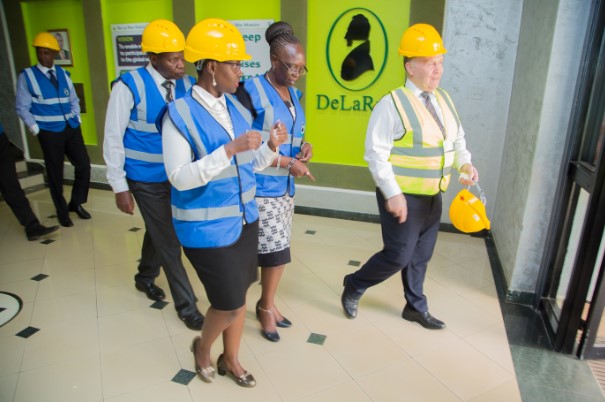The recent announcement by the government of Kenya claiming that the nation will not print banknotes in the next 12 months took many by surprise. For those that have been quite keen with trends as the nation has gradually shifted to a cashless economy had a hint of the new turn of events. Since the advent and rapid growth in popularity of mpesa in the country after the full commercial launch of the mobile money transfer service Mpesa in March 2007, the conduct of financial dealings have rapidly revolutionalised.
Transitioning to a cashless economy has rendered the nation many benefits and the demand for money printing has sharply declined to the detriment of the sole money printing firm in the country. The foreign Money Printing firm De La Rue, laid off the last lot of 300 workers as it citing poor economic conditions and reduced market demand. The UK-based firm said it will continue to work with Kenya “if the economic climate permits”.

Dela rue which set up operations in Kenya in 1991 has decried the prevailing economic conditions as being unfavorable. To continue its operations in the recent past, it has had to restructure and institute other survival strategies which have not yielded much success even to its recent inability to fulfill its tax obligations with the Kenya revenue Authority.
It is imperative however, to point to the fact that with the high inflation rates in Kenya the cash harbored by individuals has fast lost value as price of commodities continue to soar in the country. In such circumstances the citizens would option to transact with cashless transactions but the government through the central bank also has a key role to put measures to curb the high inflation and safeguard the economy from collapse.
With the numerous merits of cashless economy such as easier tracing of transactions, Kenyans should also brace themselves for the demerits as well such as less privacy, high over dependency on technology to support the cashless economy, greater risk of hacking , the magnification of economic inequality and other challenges that need more investment to mitigate in the rapid transition process.